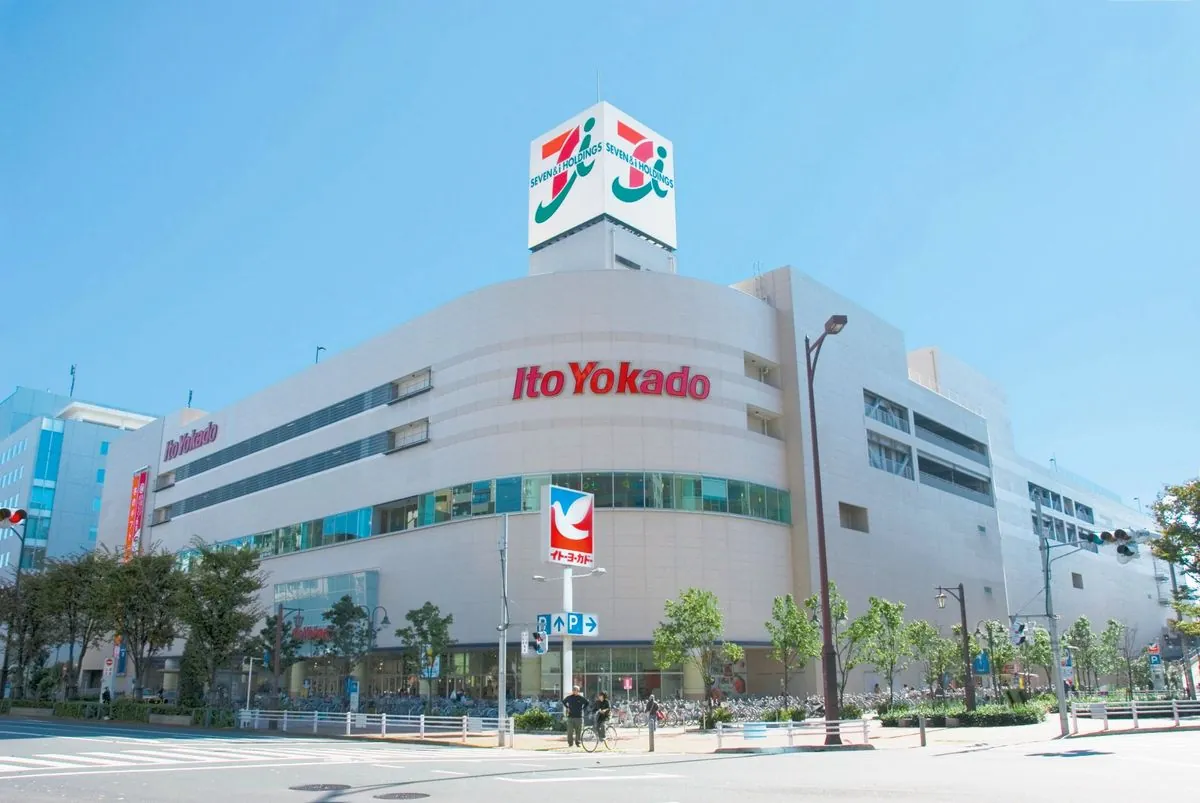Seven & i Holdings Co., Ltd., a prominent Japanese retail conglomerate, recently rejected a $39 billion takeover proposal from Alimentation Couche-Tard, a Canadian multinational operator of convenience stores. This unsolicited bid, deemed insufficient by Seven & i, has nonetheless resulted in a significant 20% increase in the company's stock price. The surge now places pressure on Seven & i to present a compelling strategy for improving returns and fortifying its position against potential future approaches to shareholders.
Seven & i, which operates the world's largest convenience store chain, 7-Eleven, has been implementing streamlining measures following pressure from ValueAct Capital, an American investment company known for activist investing. In 2022, the company refreshed its board, and the following year completed the sale of its department stores while announcing the closure of numerous Ito-Yokado supermarkets. Ryuichi Isaka, the CEO, outlined plans in April 2024 to list the underperforming superstores business by 2026, potentially valued at up to $2 billion based on JPMorgan's estimates.
However, these actions have been viewed as minor adjustments rather than a comprehensive restructuring. The company's stock market performance reflects this, with a 5% negative total shareholder return between the appointment of more independent directors and the pre-bid share price. In contrast, the Topix index, a stock market index for the Tokyo Stock Exchange, returned 45% during the same period.
To maintain the recent upward momentum of its stock and deter future takeover attempts, Seven & i may need to consider more radical changes. One option could be to further expand its convenience store business, which already generates 90% of the company's EBITDA (Earnings Before Interest, Taxes, Depreciation, and Amortization). The North American market, where Seven & i completed a $21 billion acquisition of Speedway stores in 2021, remains fragmented, potentially offering opportunities for bolt-on acquisitions.
Alternatively, Isaka could contemplate separating the convenience store operations from the company's other diverse holdings, which include a bank, music store, and even a shiitake mushroom producer. This approach, initially proposed by ValueAct, was previously rejected by Seven & i, which argued that its supermarkets provided a competitive advantage in food products for its convenience outlets.
Without significant changes or a sale, investors may face limited prospects. According to LSEG data of analyst forecasts, Seven & i is expected to deliver modest revenue and EBITDA growth over the next four years. The unsolicited bid from Alimentation Couche-Tard presents an opportune moment for Isaka to elevate his strategy and address the company's underperformance relative to the broader Japanese market.
As the convenience store industry continues to evolve, with higher profit margins compared to traditional supermarkets, Seven & i's response to this challenge will be crucial. The company must navigate the complexities of corporate restructuring while considering the interests of shareholders and the changing retail landscape in Japan and globally.
"The proposal was opportunistically timed and grossly undervalues our standalone path and the additional actionable avenues we see to realize and unlock shareholder value in the near- to medium-term."
The rejection of Alimentation Couche-Tard's non-binding offer, which valued Seven & i at approximately 2,113 yen per share (based on current exchange rates), highlights the ongoing challenges faced by Japanese companies in an increasingly competitive global market. As Seven & i charts its course forward, the retail giant must balance its rich history and diverse portfolio with the demands of modern investors and the ever-changing consumer landscape.
